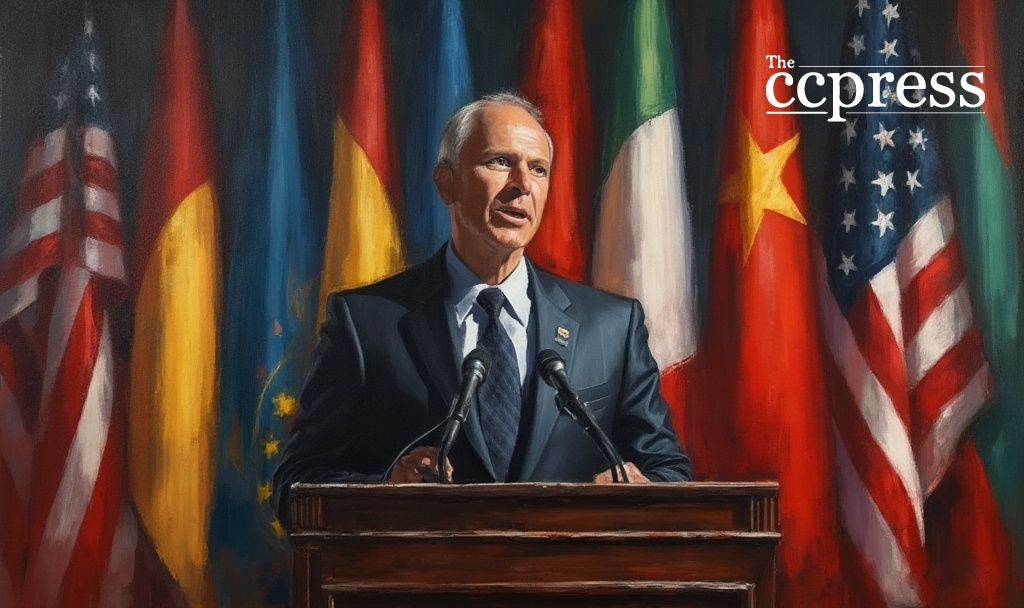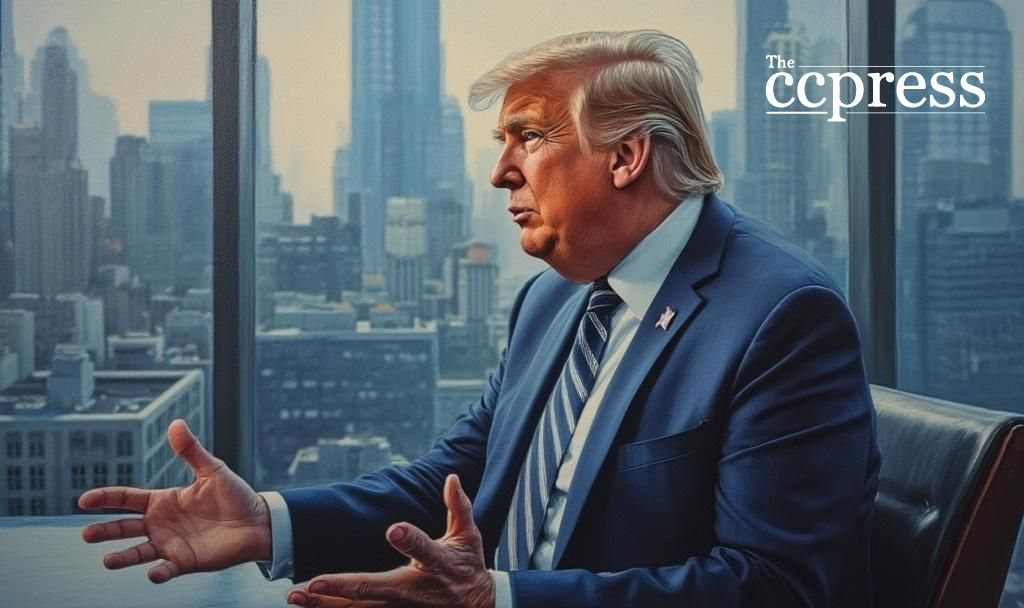- Scott Bessent emphasizes economic rebalancing for China’s growth potential.
- Positive implications for U.S.-China trade relations.
- Stock market shows optimism post-speech.

Scott Bessent’s Speech
Scott Bessent, the U.S. Treasury Secretary, addressed the economic relations between the U.S. and China during a speech at the Institute of International Finance on April 23, 2025, advocating for China’s economic rebalancing.
The call for China’s rebalancing carries global economic repercussions, particularly impacting trade and manufacturing dynamics.
Bessent’s address highlighted China’s need to shift from export-driven growth towards domestic consumption. He noted this alignment with the U.S.’s shift to manufacturing. As a precedent, similar events prompted notable asset market changes.
“If China is serious on less dependence on export-led manufacturing growth and a rebalancing toward a domestic economy – I think they use the term dual circulation, well, right now it’s really singular circulation. And if they want to rebalance, let’s do it together. This is an incredible opportunity.” — Scott Bessent, U.S. Treasury Secretary
Stock market indicators, such as the S&P 500, reflected optimism with a 2.5% increase post-speech. The potential for tariff reductions could further enhance market stability.
Market trends suggest U.S.-China trade advancements could favorably influence cryptocurrencies. However, China’s regulatory climate remains restrictive, focusing more on the digital yuan than mainstream cryptocurrencies.
For more details on Scott Bessent’s views, visit the article where Bessent criticizes IMF, World Bank; sees opportunities with China.
Should China adjust its strategy, it could realign global trade operations and bolster markets significantly. Regulatory changes could open avenues for increased economic collaboration internationally.
| Disclaimer: The content on The CCPress is provided for informational purposes only and should not be considered financial or investment advice. Cryptocurrency investments carry inherent risks. Please consult a qualified financial advisor before making any investment decisions. |





























